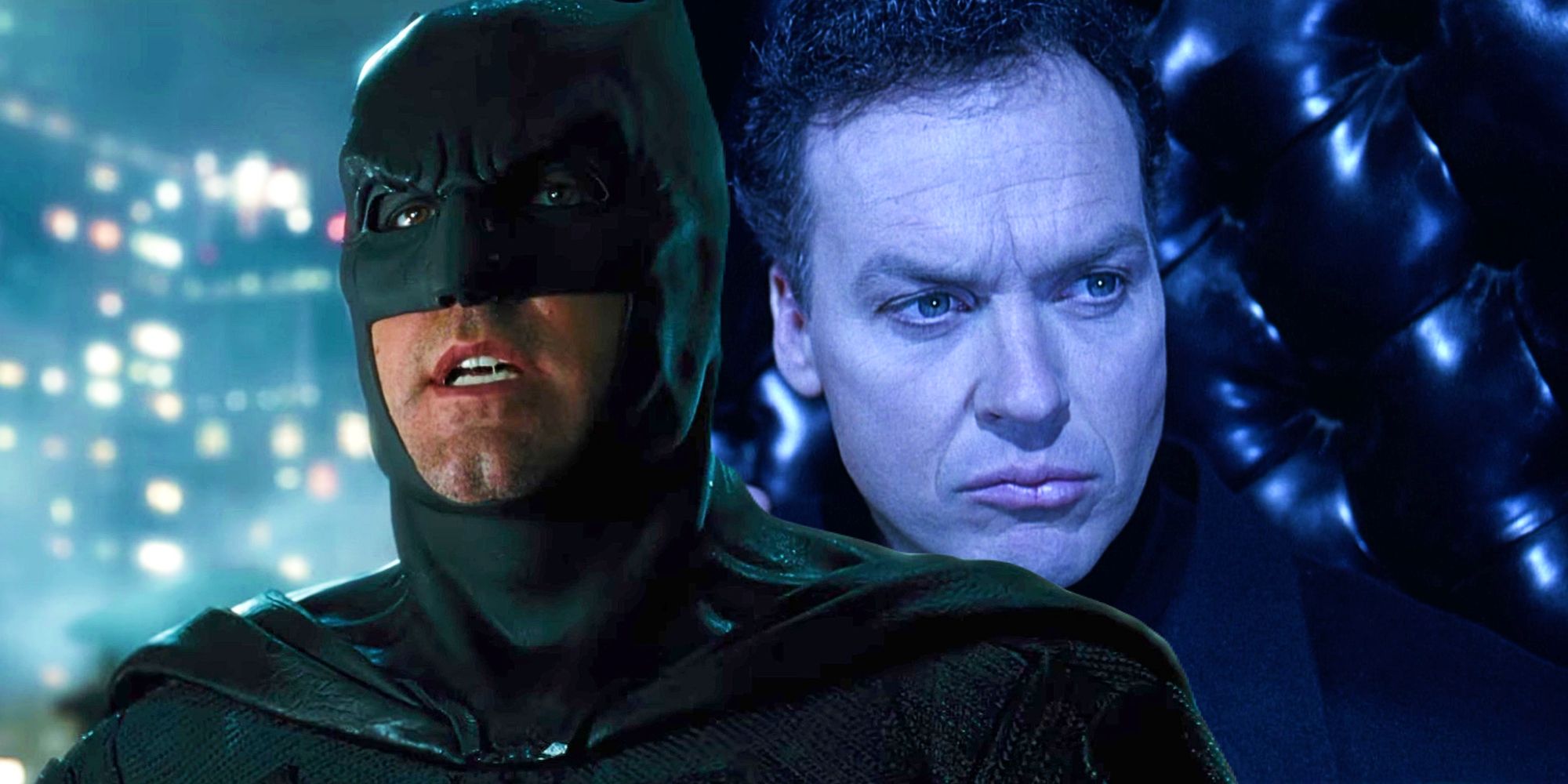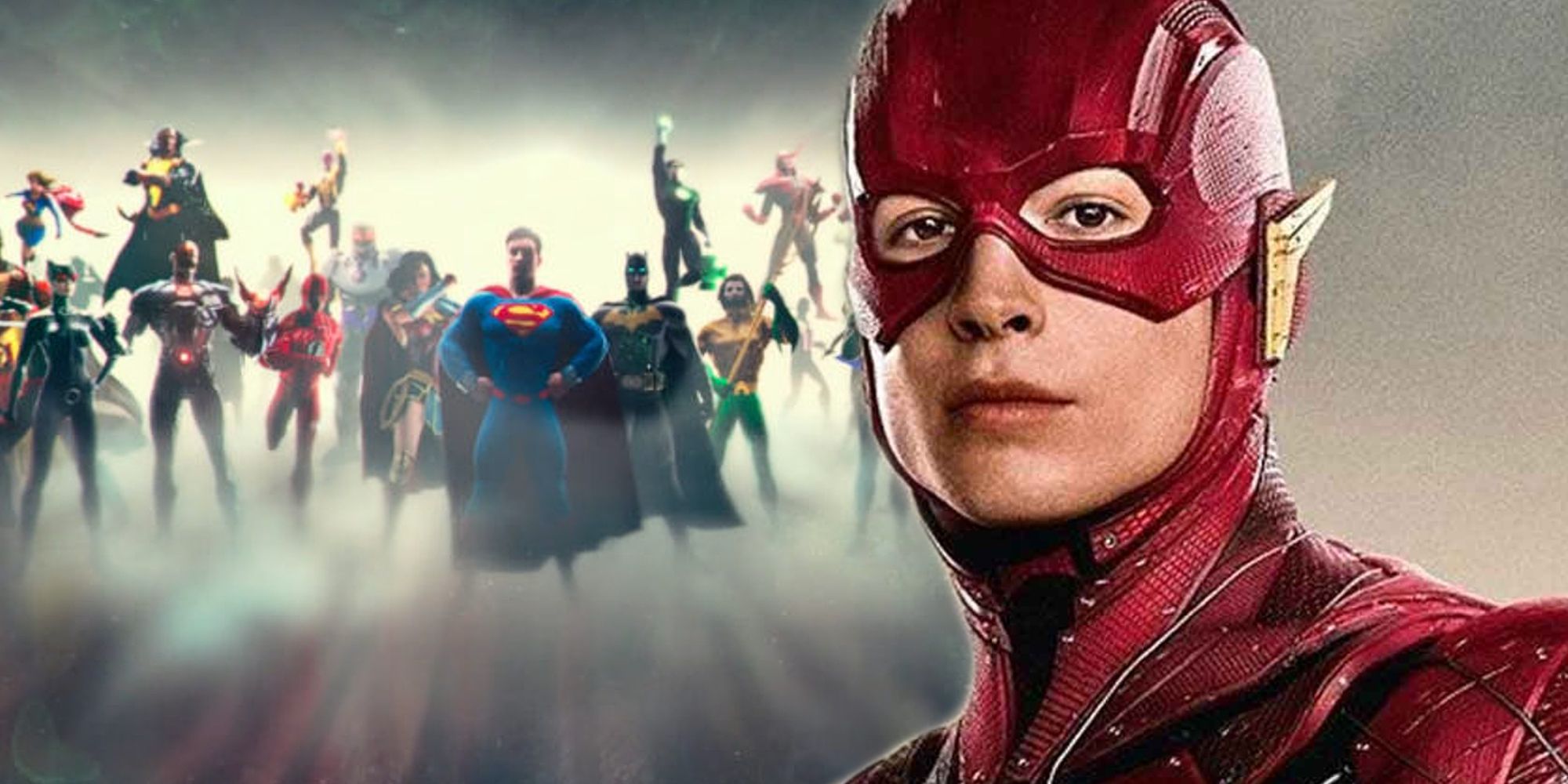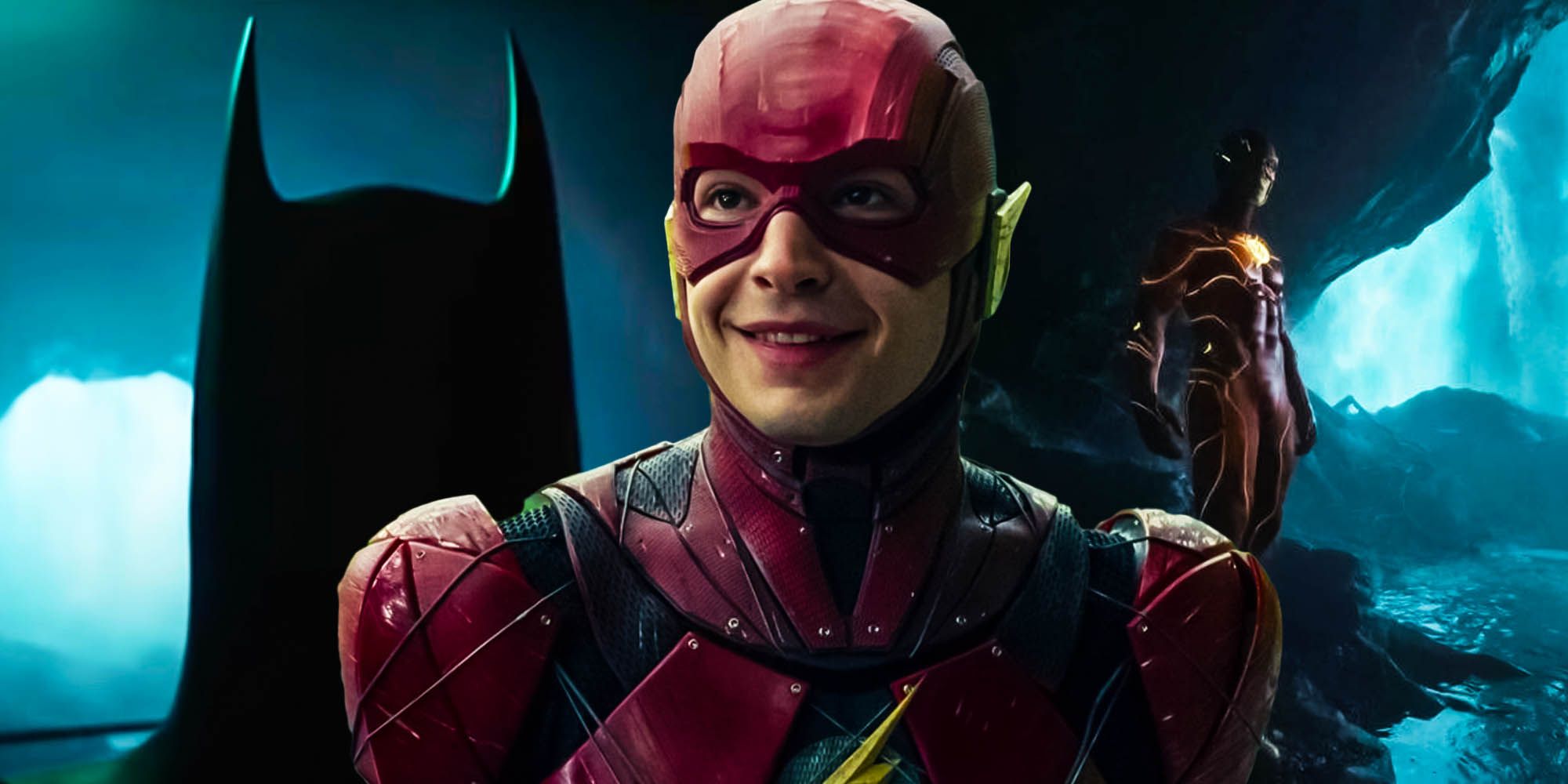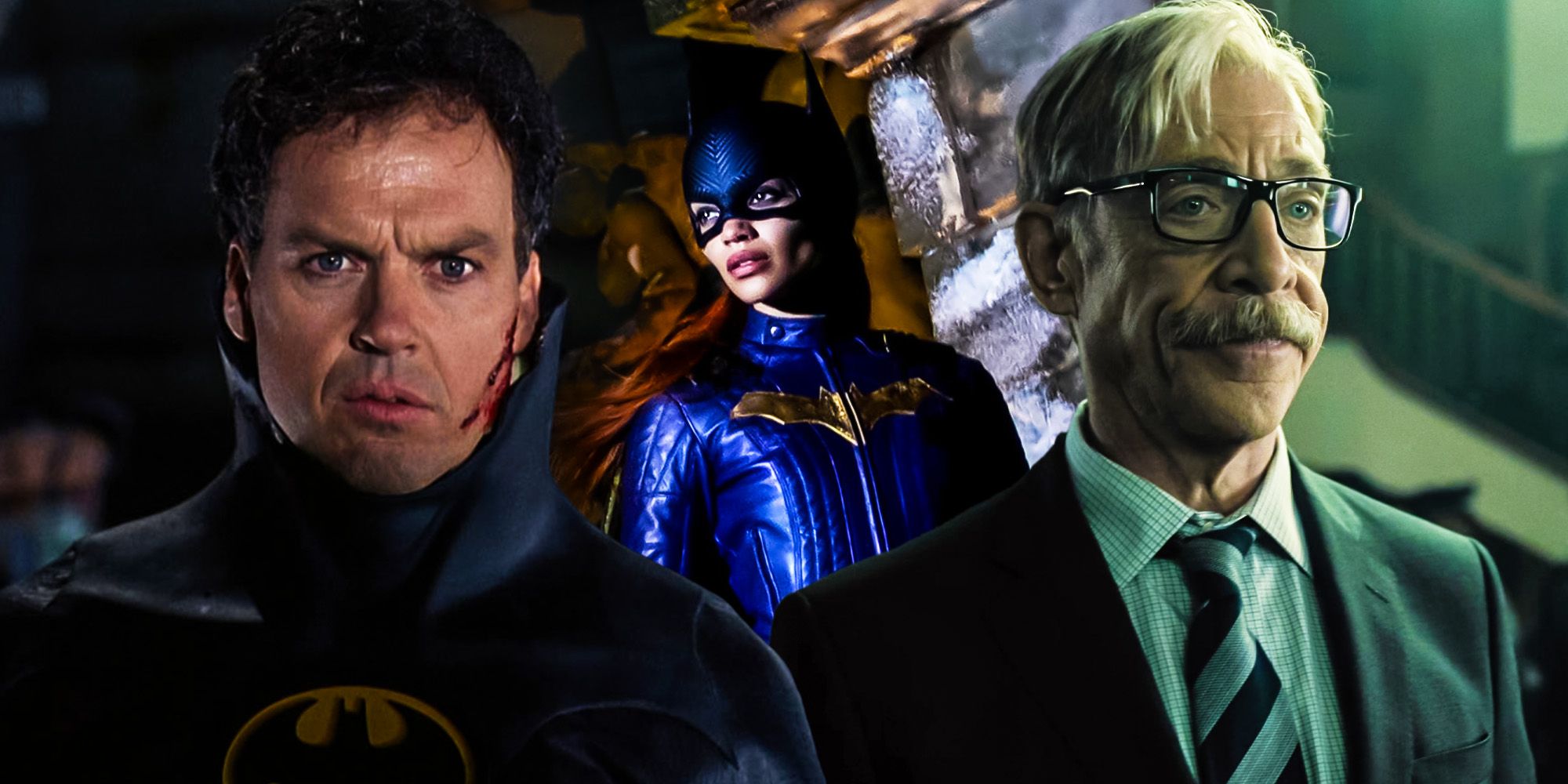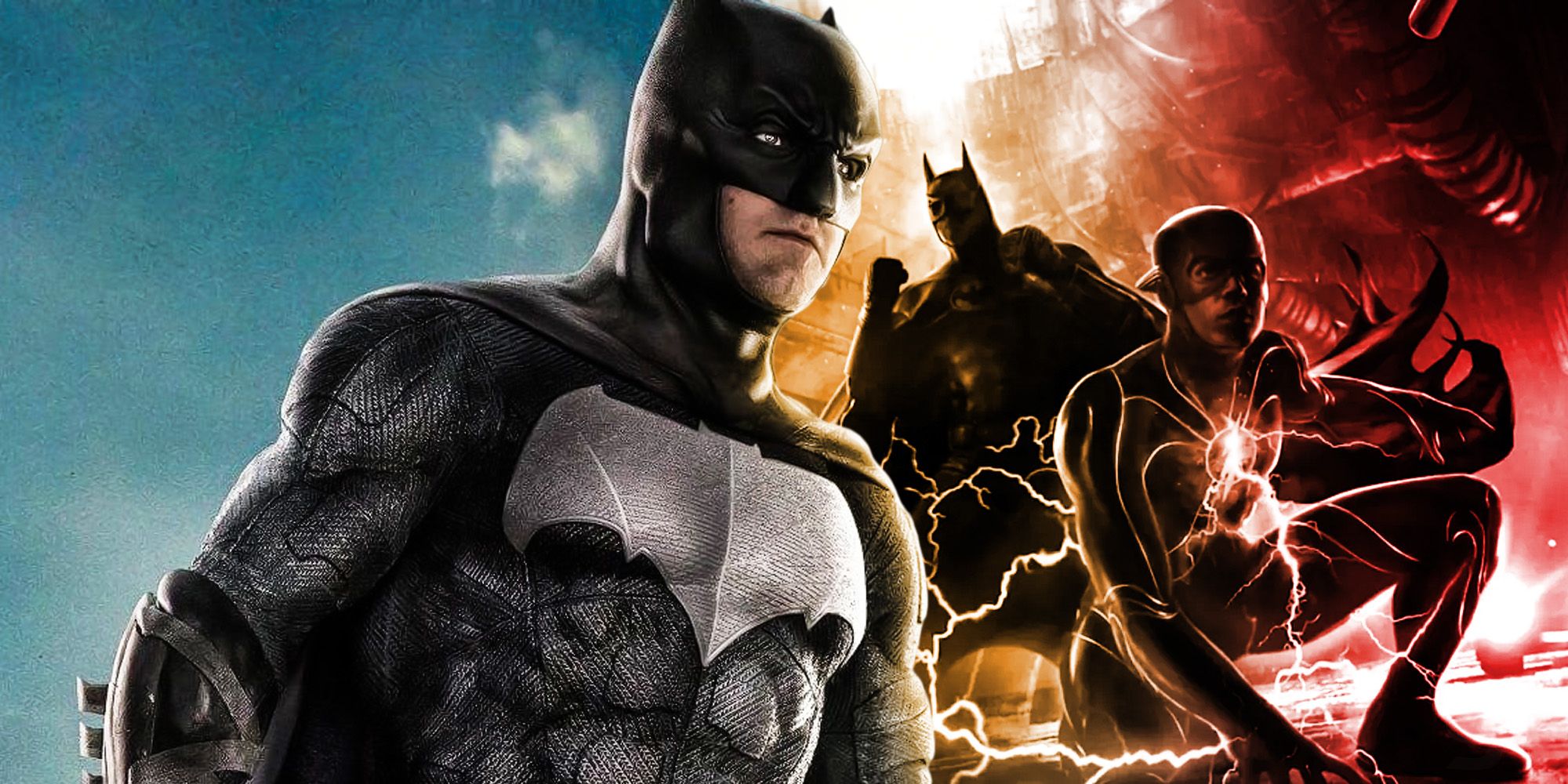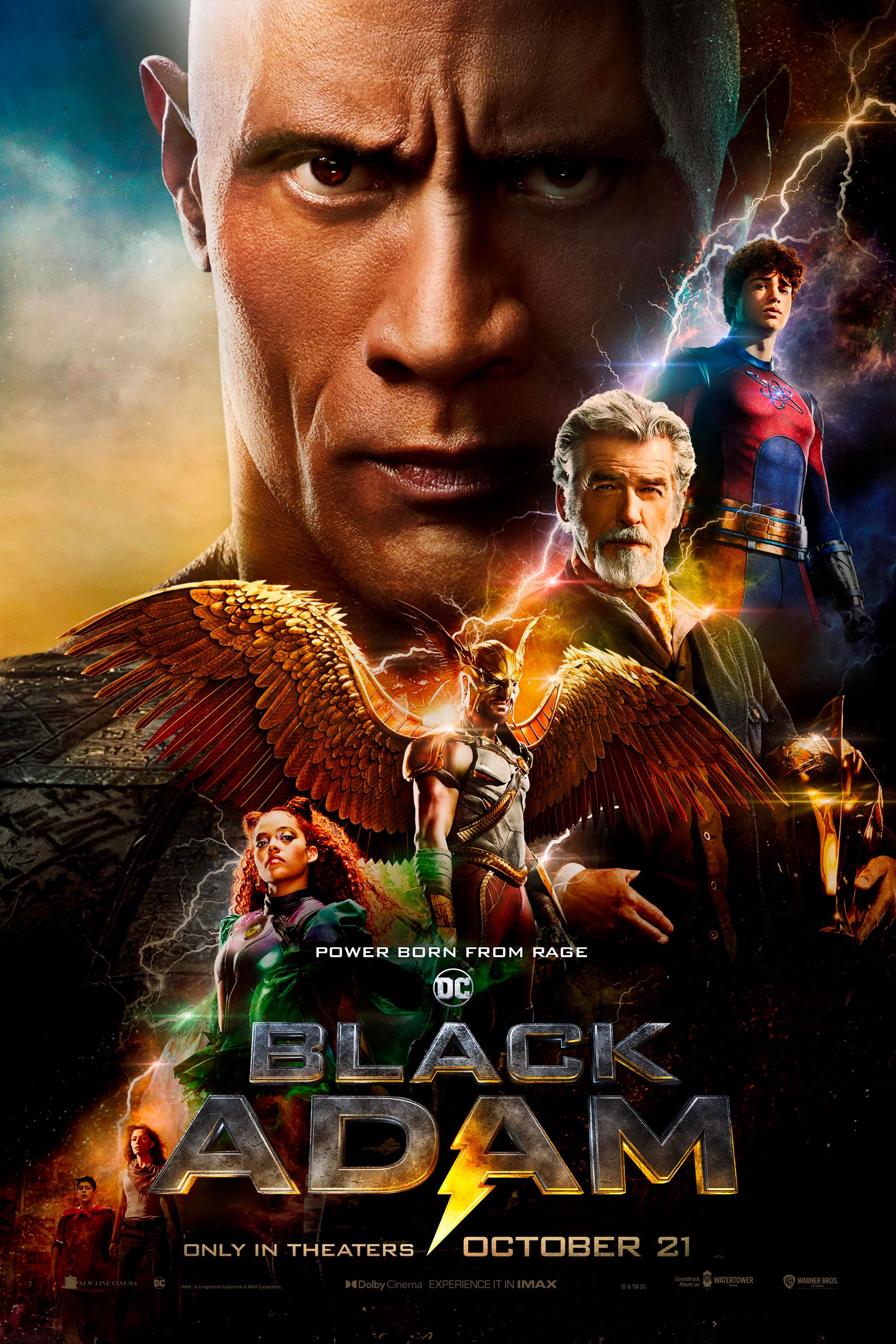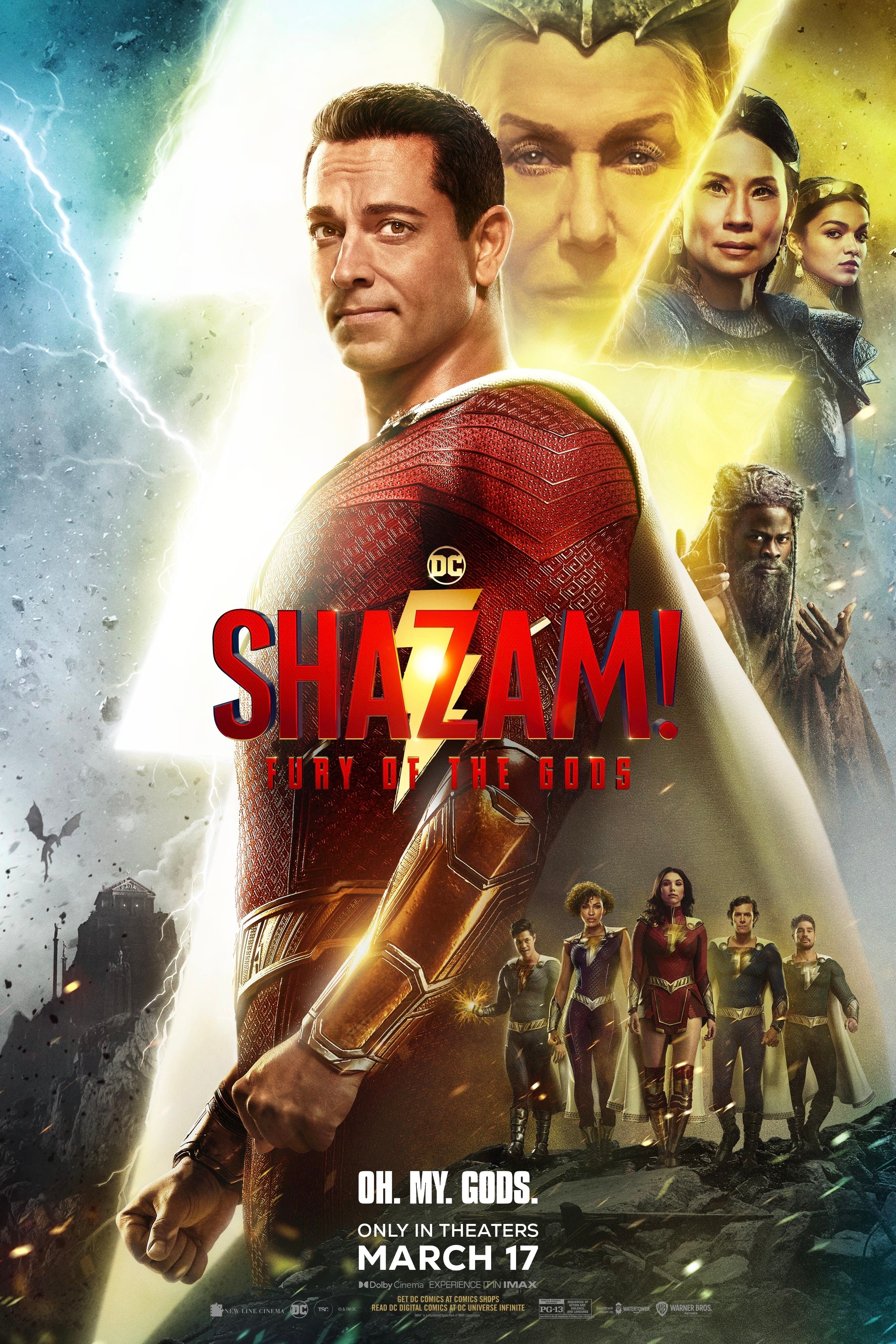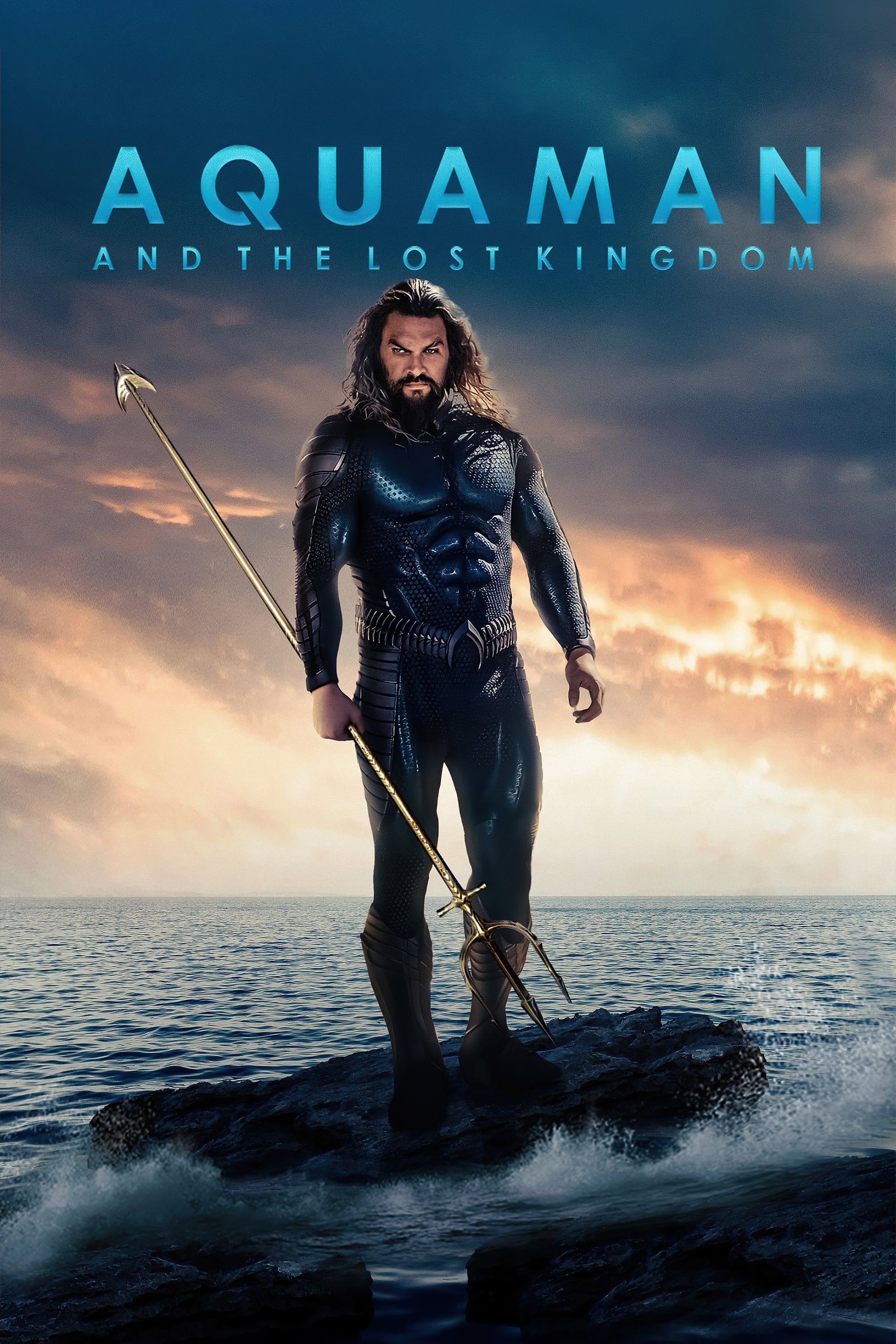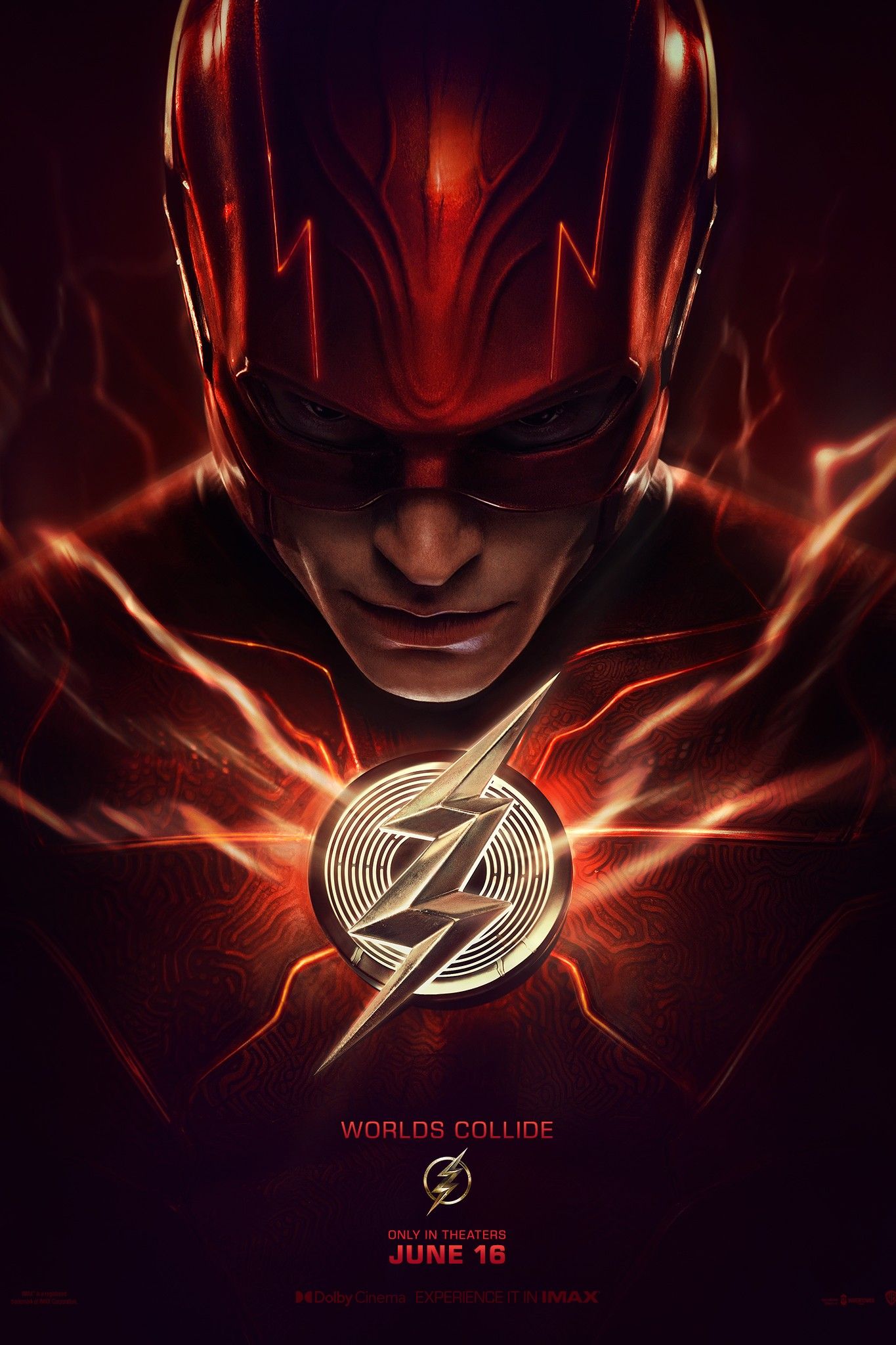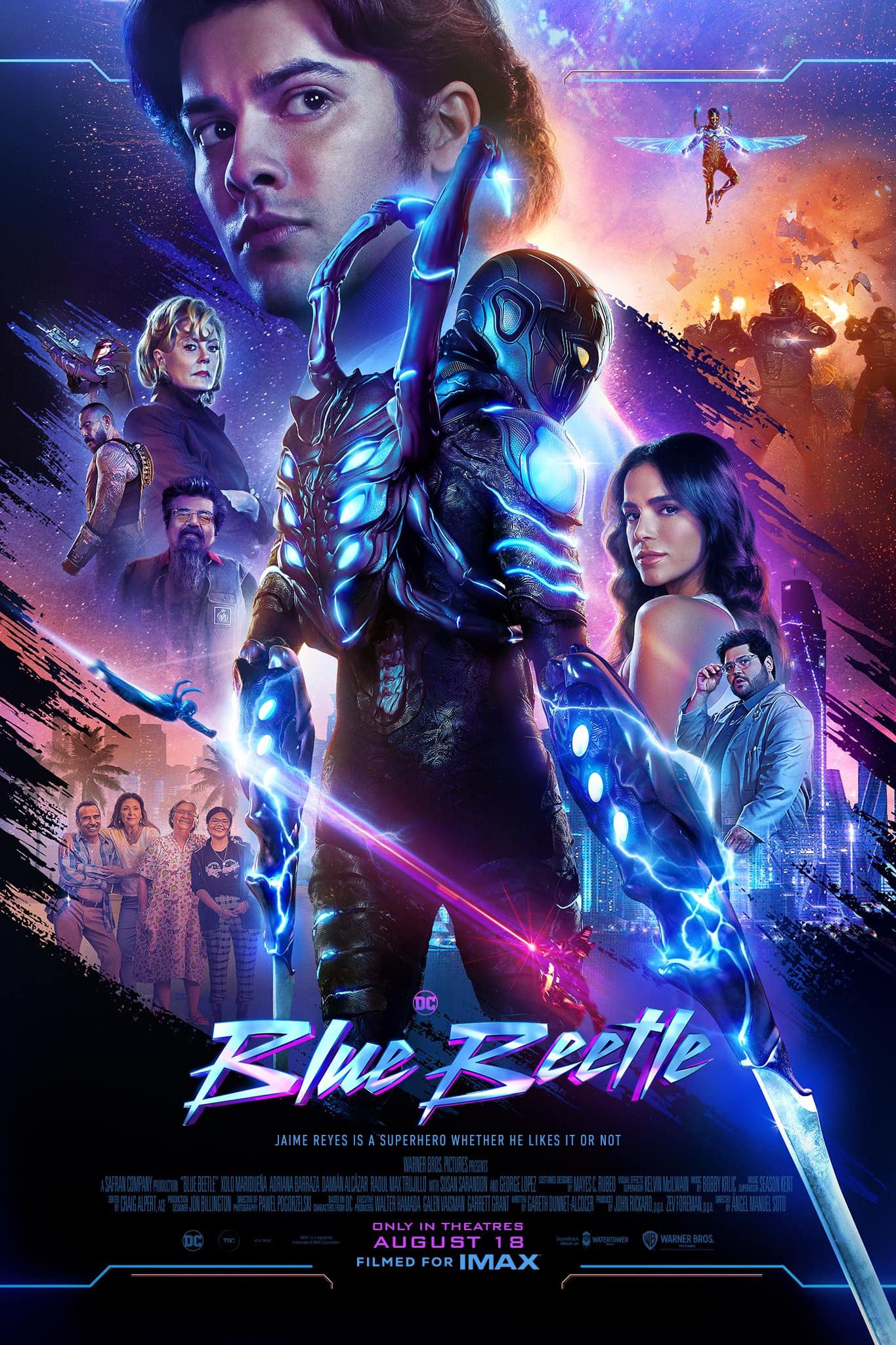The DCEU had big hopes for the DC’s multiverse, but the unprecedented cancellation of Batgirl and the uncertain future of Michael Keaton’s Batman puts the multiverse plan in check. While details on The Flash’s story are still kept under wraps, it was easy to assume that the Flashpoint-inspired adventure would somehow affect the DCEU’s timeline through the multiverse, as the film would bring back Michael Keaton as Batman. Batgirl would have been the first DCEU film to deal with the aftermath of The Flash, making its cancellation even more impactful for the franchise.
As a concept that has been used by both Marvel and DC Comics for decades, it was just a matter of time before the multiverse was used on the big screen. For the MCU, the multiverse was an obvious route following the events of Avengers: Endgame, with the Multiverse Saga’s Avengers: Secret Wars being Marvel Studios’ best hope to top Endgame’s box office. For the DCEU, the multiverse had a more urgent purpose, as it would allow the franchise to rework its structure and timeline in a way that also made sense in terms of the story.
Almost five years after Justice League, the DCEU has yet to define the status of its canon and main characters, such as Batman and Superman, and it seemed like the multiverse would help answer that question. For example, with Robert Pattinson’s Batman being completely disconnected from the DCEU and Ben Affleck openly saying he was done with the role, DC had to find a way to feature new Batman. The decision was to bring back Michael Keaton as the Dark Knight in The Flash, with the actor then set to reprise his role in Batgirl likely as a result of something Flash did to the timeline. The Batgirl cancellation not only indicates a drastic course correction in Warner Bros. Discovery’s plans for the IP, but it also means that the original, pre-Discovery merger plans for the DCEU to explore the multiverse might no longer be a priority. All this means that, if not already dead in the water, the DCEU's multiverse is looking much more precarious than it did before.
The Multiverse Was DC’s Biggest Hope After Justice League
In theory, Justice League should have been the culmination of everything DC had done on the big screen since 2013, but the result was a movie that polarized audiences and was less successful than Man of Steel at the box office. The DCEU had been struggling with highly divisive or critically panned movies, such as Batman v Superman: Dawn of Justice and Suicide Squad, but it was not until Justice League that the franchise really took a significant financial hit. In addition, Justice League was also the start of a series of behind-the-scenes controversies, and at this point, it is difficult to picture the Justice League cast all returning for a sequel. Director Zack Snyder eventually got to release his cut of Justice League, Zack Snyder’s Justice League, which also made things more complicated regarding which version of the film is canon for the DCEU.
With Ben Affleck seemly done with Batman and the studio wanting to move away from everything Justice League-related, DC needed a way to combine what had been working, such as Jason Momoa’s Aquaman and Gal Gadot’s Wonder Woman, with new strategies, such as Michael Keaton’s Batman. The answer seemed simple – the multiverse. The studio was keen on selling the multiverse idea, and it even focused the entire DC FanDome 2020 on the multiverse. The design of the online fan event was inspired by the DC multiverse, with each panel taking place on a different “earth”. DC FanDome 2020 even had a panel with DC Comics Chief Creative Office Jim Lee and other key producers elaborating on what the multiverse means for the future of DCEU, highlighting how everything was “canon” in the multiverse.
The Flash Was Supposed To Unveil The DCEU's Multiverse
In terms of practical use of the multiverse, The Flash was the most important movie in the upcoming DCEU slate. Flash as a character had dealt with time travel, alternate timelines, and the alternate universe for decades, and it made sense for The Flash movie to be the one to unveil the DCEU’s multiverse. The announcement that Michael Keaton would be returning as Batman in The Flash itself did not mean the movie would reboot the DCEU, but the fact Michael Keaton was also returning for Batgirl revealed that whatever was to happen at the end of The Flash would have major implications for the DCEU’s timeline. Ben Affleck is also confirmed to appear as Batman in The Flash, but the prospect of Michael Keaton becoming the DCEU Batman led many to assume that The Flash would write Affleck’s Batman out of the franchise.
Batgirl’s Cancelation Is Bad News For The DCEU's Multiverse
The fact that Batgirl, a movie that would have shown the aftermath of The Flash’s multiverse journey, was canceled proves that the multiverse is no longer a priority for DC. Not only that but right before Batgirl’s cancelation was announced, it was reported that Ben Affleck would replace Michael Keaton’s rumored cameo in Aquaman and the Lost Kingdom. Therefore, what could have been three Michael Keaton appearances as Batman in the DCEU is currently restricted to one – The Flash. Despite previous comments, Ben Affleck is clearly not done as Batman, and the original plan of him replaced by Michael Keaton as the DCEU’s Batman could have now been scrapped. During Warner Bros. Discovery’s earning calls on August 5, CEO David Zaslav mentioned that the new management will make upcoming DCEU movies like Black Adam and The Flash “even better”, suggesting that reshoots could be on the way. Should that be the case, then The Flash might be reworked so that Michael Keaton does not become the DCEU’s Batman after all, which can now be done since Batgirl is canceled.
The Multiverse Is Not The Answer To The DCEU’s Problems
Even before the Discovery merger, the DCEU’s multiverse plan was already flawed. Instead of allowing for multiple corners of the DC’s live-action history to interact and coexist, similar to what MCU movies like Spider-Man: No Way Home and Doctor Strange in the Multiverse of Madness have done, the DCEU multiverse seemed more like an easy route to rework the franchise’s canon. A DC multiverse cannot work before a proper universe is established, that is, before the Justice League and its members are fleshed out. DC has yet to confirm whether Henry Cavill is still Superman, who will the DCEU’s Batman be, and how Matt Reeve’s The Batman franchise will fit into the recently announced 10-year plan for the brand. The concept of the multiverse can make for fun crossover, but it does not help answer those questions.
The multiverse was never going to solve the DCEU’s problems, as what the franchise really needs is to define a solid plan and stick to it. This is what Warner Bros. Discovery has now promised with its 10-year plan for the DCEU, and it will be interesting to see how the future of the franchise plays out and if that plan will involve the multiverse somehow. That considered, even if the multiverse strategy ends up being scrapped along with Batgirl, The Flash is the most important movie for the future of the DCEU, and its ending should make Warner Bros.’s new plans more clear.

